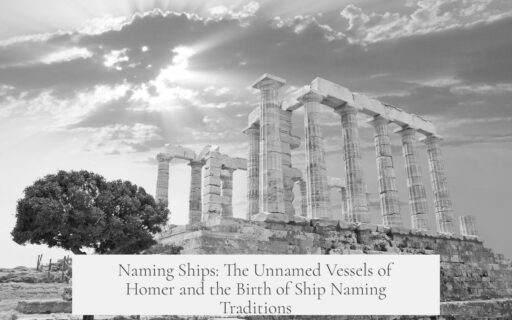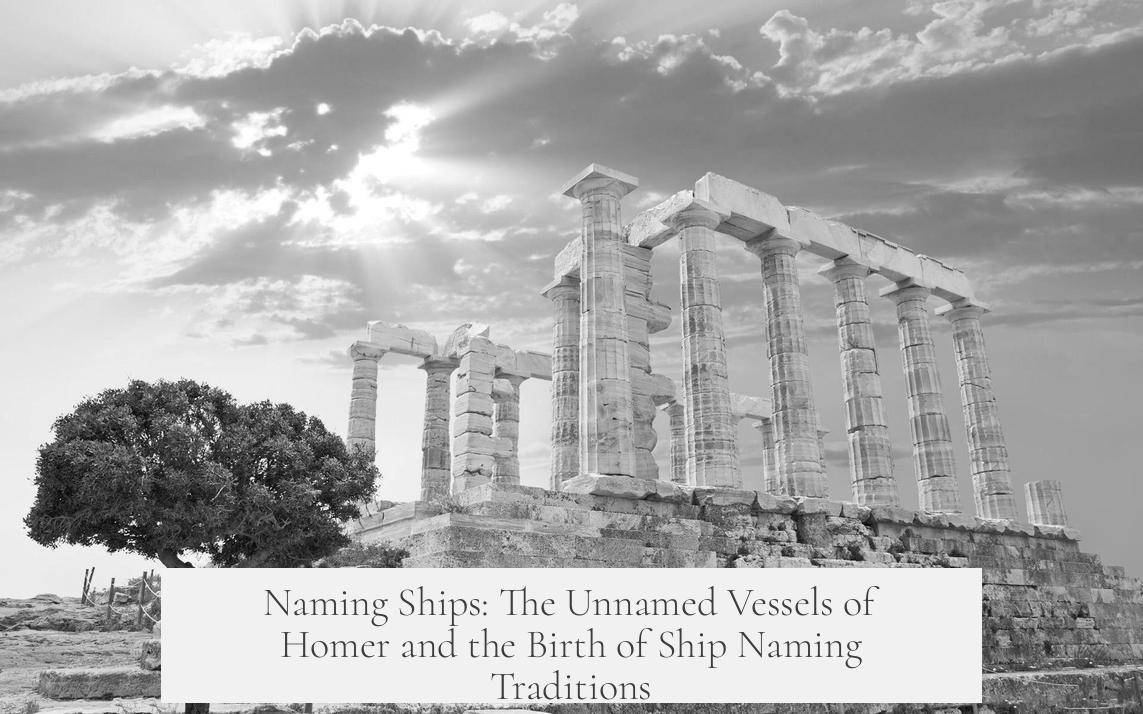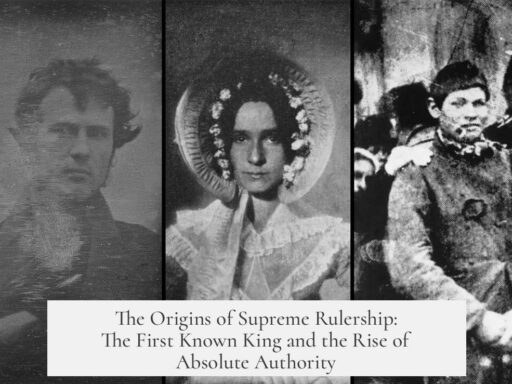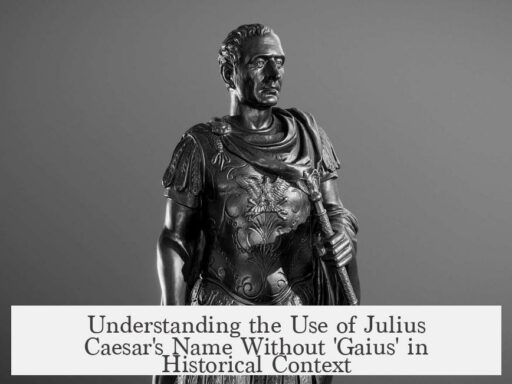Homer does not name Odysseus’ ship or any ships in the Iliad because naming ships was not a narrative focus, not a historical absence of ship names. The custom of naming ships existed in ancient Greece long before Homer’s time, although names rarely appeared in epic storytelling unless the vessel was exceptional, such as the Argo.
Homer’s epics—the Iliad and the Odyssey—present ships as functional elements of the story without emphasizing their individual identities through names. This lack of naming reflects narrative economy. The stories focus on heroes, gods, and events, not on the ships as named entities. Scholars agree that this approach does not suggest that Greeks of the time—the eighth century BCE—did not name their vessels. Instead, names were likely common but not deemed significant enough to mention in poetry and myths unless the ship had a special role.
One prime example is the Argo, a well-known exception among Greek ships due to its heroic significance. According to Greek tradition, the Argo was the ship of Jason and the Argonauts and is often described as the first ship ever built. The legend places the Argo’s voyage around the thirteenth century BCE, during the Mycenaean era. The Argo’s name survives in mythology because it was pivotal to a famous heroic expedition with divine assistance, making its identity important to the tale.
This example suggests that the practice of naming ships predates Homer and likely reaches back into the late Bronze Age. The Mycenaean Greeks, active some centuries before Homer’s time, probably named their ships, especially those involved in trade, warfare, or exploration. Though specific ship names from that period are lost to history, the myth of the Argo supports the idea that naming was a known custom.
Supporting this, ancient Egyptians named their ships long before the Greeks. Egyptian vessels often bore names honoring pharaohs, deities, or royal attributes. This practice shows that ship naming was an established Mediterranean custom many centuries before Classical Greece. The Greeks likely inherited or paralleled this tradition within their own culture.
During the Greek Archaic period—the centuries leading up to Classical Greece—literary and historical sources remain silent on ship names. This silence results from cultural priorities rather than the nonexistence of names. Greek poets and historians focused more on heroic deeds and political events than on recording or mentioning ship identities. Hence, while ships were named in everyday practice, those names rarely entered the literary record.
The situation changes markedly in Classical Athens (5th to 4th centuries BCE). Athens, a naval powerhouse engaged in extensive warfare and commerce, developed a strong administrative and record-keeping culture. This environment favored documenting detailed facts, including the names of ships, especially warships like triremes. Greek inscriptions, naval lists, and historical accounts from this period frequently mention ship names, revealing an increased prominence of ship identities.
This shift coincides with the growing importance of naval power and the administrative complexities of running a large naval fleet. Naming ships helped in fleet organization, maintenance logs, and ceremonial functions. The rise of democracy and literacy in Athens also increased public interest in recording such details, which were preserved in inscriptions and historical narratives.
| Period | Ship Naming Practice and Evidence |
|---|---|
| Mycenaean Era (c. 1600–1100 BCE) | Likely named ships; names lost; Argo myth suggests naming existed. |
| Homeric Period (c. 8th century BCE) | Ships named in culture but not in poetry; focus on heroes, not vessels. |
| Archaic Greece (c. 700–500 BCE) | Ship names rarely appear in texts; priority on narrative and myth. |
| Classical Athens (c. 5th–4th century BCE) | Ship names documented, especially triremes; linked to naval administration and culture. |
In summary, the absence of ship names in Homer’s epics reflects literary choice rather than historical reality. Naming ships was a common Greek practice from Mycenaean times onward. The Argo stands as an important mythic example. Ship naming became more visible in records during Classical Athens due to naval and administrative developments.
- Homer omits ship names to keep narratives focused and simple.
- Ancient Greeks almost certainly named ships, especially significant ones.
- The Argo, from Mycenaean-era myth, is an early famous named ship.
- Ancient Egyptians named ships before Greeks, indicating a broad Mediterranean tradition.
- Ship names are rare in Archaic literature but existed in practice.
- Classical Athens’ naval culture led to increased documentation of ship names.
When Did People Start Naming Ships? And Why Doesn’t Homer Name Odysseus’ Ship?
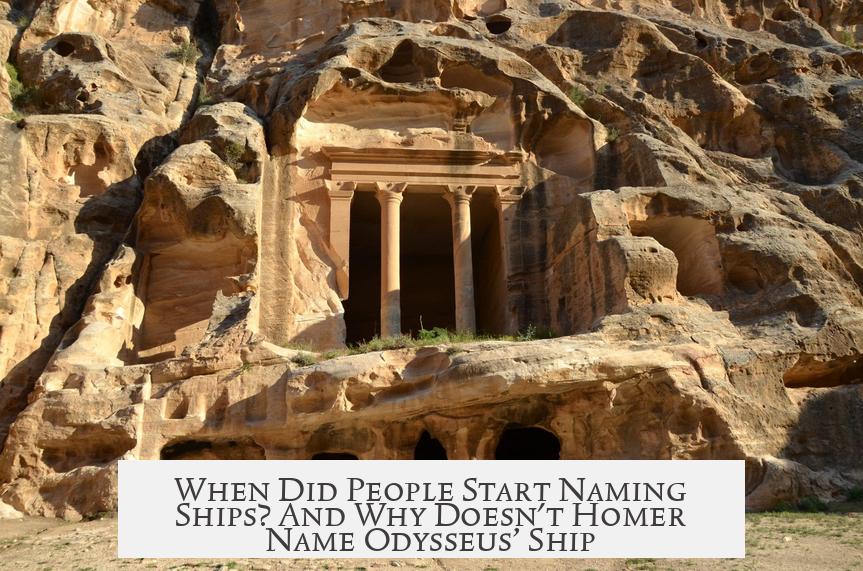
Here’s the scoop: Homer doesn’t give Odysseus’ ship a name, nor does he name any ships in the Iliad. This wasn’t because the ancient Greeks never named their ships — they almost certainly did. Homer just didn’t find it necessary to mention those names in his epics, focusing instead on the heroes and their deeds.
Sounds surprising? Let’s dive into this ancient maritime mystery and explore when and why people began naming ships, especially in the Greek world.
Homer’s Silence on Ship Names: A Matter of Narrative Simplicity
Reading Homer’s Iliad and Odyssey feels like an epic adventure full of gods, battles, and the heroic journey of Odysseus. Yet, not once do we get a name for Odysseus’ ship. Nor do we hear the names of any other vessels.
This was a deliberate choice more than a reflection of historical fact. Lionel Casson, an expert on ancient seamanship, explains that Homer’s works employ “narrative economy” — a fancy way to say, Homer skips details that don’t serve the story’s core.
The ships are tools for the heroes’ journeys, not characters themselves. So Homer keeps it simple and sticks to what matters most: the epic actions of men and gods.
But Greeks Did Name Their Ships — Just Not in the Literature
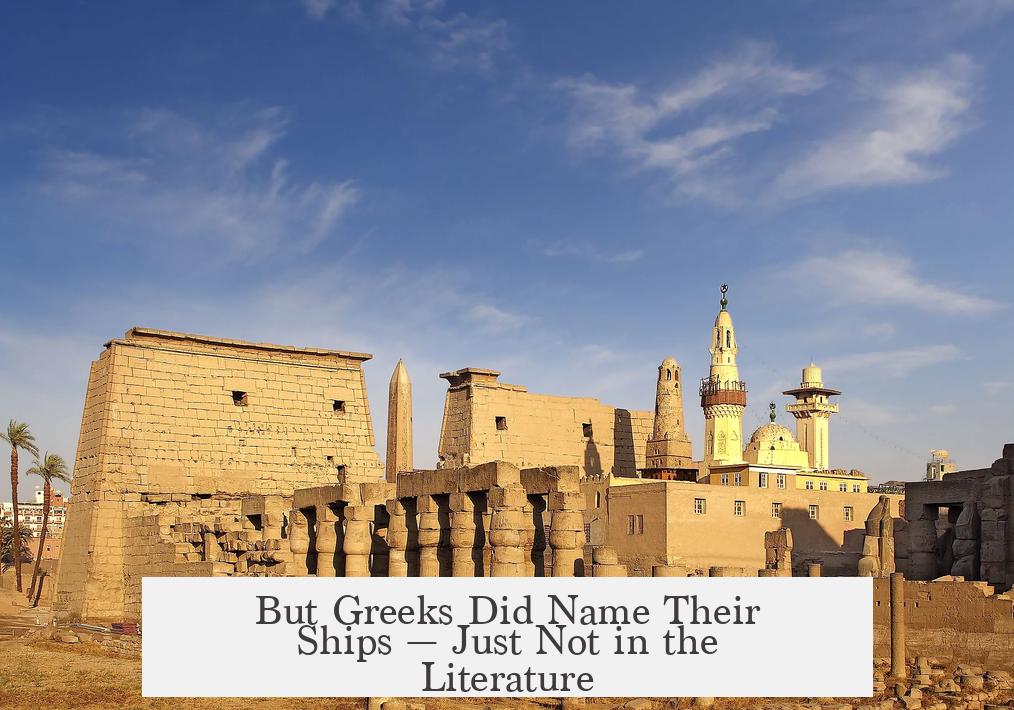
Contrary to what you might think, Greeks in Homer’s time (8th century BCE) almost certainly named their ships. It was a common practice, just not an emphasized part of storytelling unless the ship was truly special.
The famous exception that proves the rule? The Argo.
The Argo: The Celebrity Ship of Ancient Greece
The Argo stands out as the most famous ancient Greek ship. It was said to be the first-ever ship, or at least one of the earliest. According to Greek myth, the Argo belonged to Jason and the Argonauts and predates Homer’s stories by several centuries, sailing sometime in the 13th century BCE.
This ship’s fame is such that its name survived and became legendary. That’s why we hear about the Argo while other ships remain unnamed mysteries. Every ship owner might have had their own “Argo,” but only this one made it into myth and official record.
The Mycenaean Connection: Faint Memories of Naming Ships
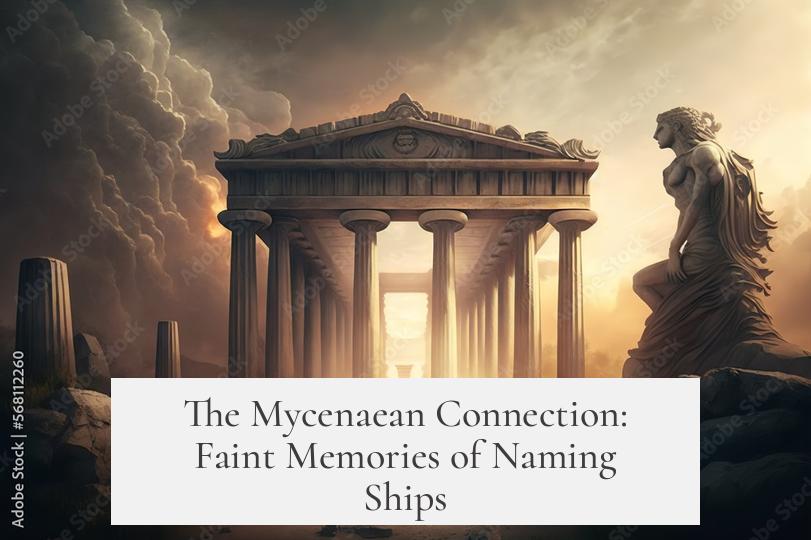
Historians think the story of the Argonauts might reflect old memories of Mycenaean trade expeditions, which happened even earlier than Homer’s timeline.
It’s logical to think Mycenaeans named their ships — otherwise, how would crews tell the Argo apart from others? The Mycenaeans loved records and organization, and ship names probably helped manage fleets, especially for trade and warfare.
Unfortunately, those names haven’t survived in literary or archaeological records, so we only speculate based on myths and general best guesses.
Ship Naming: An Even Older Tradition From Egypt
If you thought ship naming was a Greek innovation, think again. The custom goes way back to ancient Egypt, long before classical Greece rose to power.
Egyptians often named ships after their pharaohs, gods, or important royal attributes. This wasn’t just decoration — names were believed to give ships protection or luck. The idea was to give the vessel an identity and presence, almost like a crew member.
This tradition spread throughout the Mediterranean. So the Greeks, as part of that cultural milieu, naturally adopted ship naming, even if they didn’t always record or emphasize the names in their stories.
Why Don’t We See Ship Names in Archaic Greek Literature?

The absence of ship names in Homer’s time isn’t unique. Even in the broader Archaic period of Greece (roughly 8th to 5th centuries BCE), written records rarely mention ship names.
Why? Because naming ships was routine, not dramatic. The culture focused more on people and events, not on the vessels themselves. Ships were functional, not iconic — unless, like the Argo, a ship was tied to a big story.
When Did Ship Names Become a Big Deal? Hello, Classical Athens!
The situation changes in Classical Athens (5th to 4th centuries BCE), especially because Athens was a naval powerhouse. The Athenians invested heavily in triremes, advanced warships that required crews, coordination, and careful record-keeping.
In this context, names of ships started appearing more frequently. They named vessels to organize fleets, boost morale, and record achievements. This naval record obsession brought ship names out of the shadows and into official documents and histories. Suddenly, the anonymous ships of Homer’s epics got named brothers and sisters.
What Can We Learn From This?
Homer’s choice not to name Odysseus’ ship isn’t evidence of shiplessness or neglect — it’s a storytelling strategy. The Greeks took ship naming seriously, but only some ships achieved legendary status by name.
The progression from silent, unnamed ships in epic poetry to named warships in Classical Athens reflects broader cultural shifts: from oral storytelling focused on heroes to state-recorded naval history.
Next time you hop onto a boat, remember—people have been giving their vessels names for thousands of years. These names carry pride, protection, and stories spanning entire civilizations.
Have you ever wondered what your ship’s name would be? What qualities or history would you want it to carry? And why do you think stories keep sometimes glossing over the vessel in favor of the hero?
References: Lionel Casson, Ships and Seamanship in the Ancient World, Princeton University Press, 1971.
Why doesn’t Homer name Odysseus’ ship or any ships in the Iliad?
Homer omits ship names to keep the story simple. It was a narrative choice, not because ships lacked names in reality.
Did ancient Greeks actually name their ships during Homer’s time?
Yes, Greeks of the eighth century BCE named their ships. Names just were rarely mentioned unless the ship was famous, like the Argo.
When did ship naming become clearly documented in Greek history?
Ship names start appearing in records during Classical Athens. The city’s naval focus encouraged detailed record-keeping.
Is the Argo the earliest named Greek ship?
The Argo is the best-known early named ship. It likely reflects myths from the late Bronze Age, showing that ship naming was a long tradition.
Did ship naming exist before the Greeks?
Yes, ancient Egyptians named ships before classical Greece. They often named vessels after pharaohs or gods, showing ship naming was common in the ancient Mediterranean.
